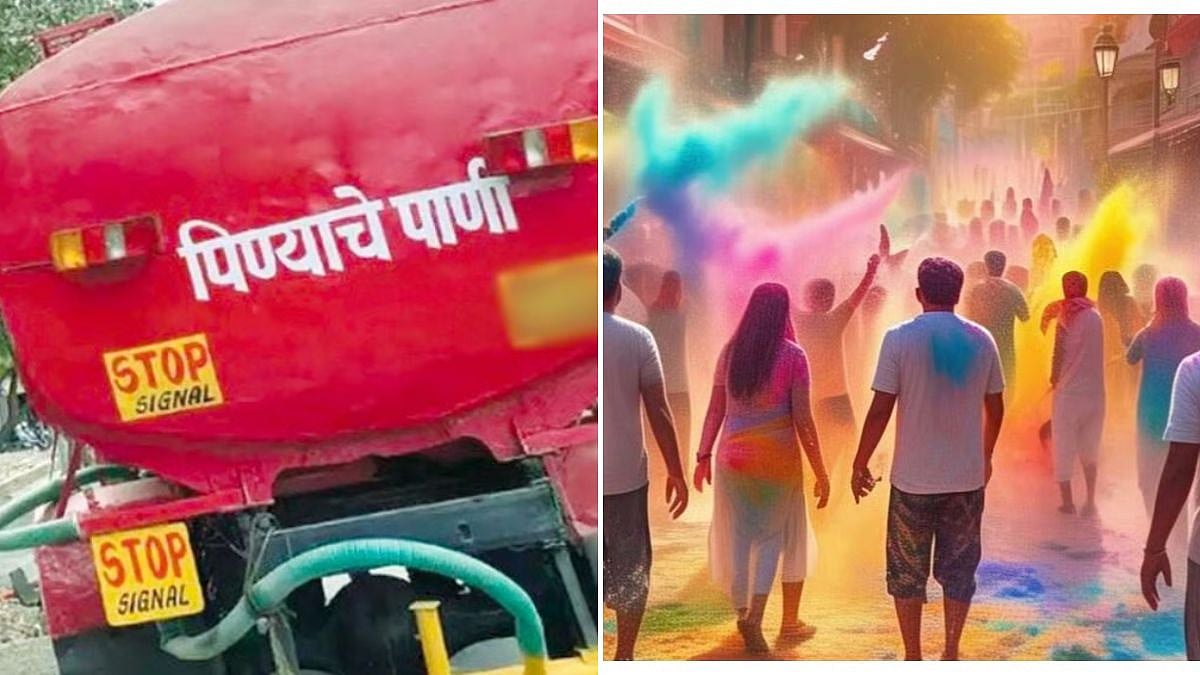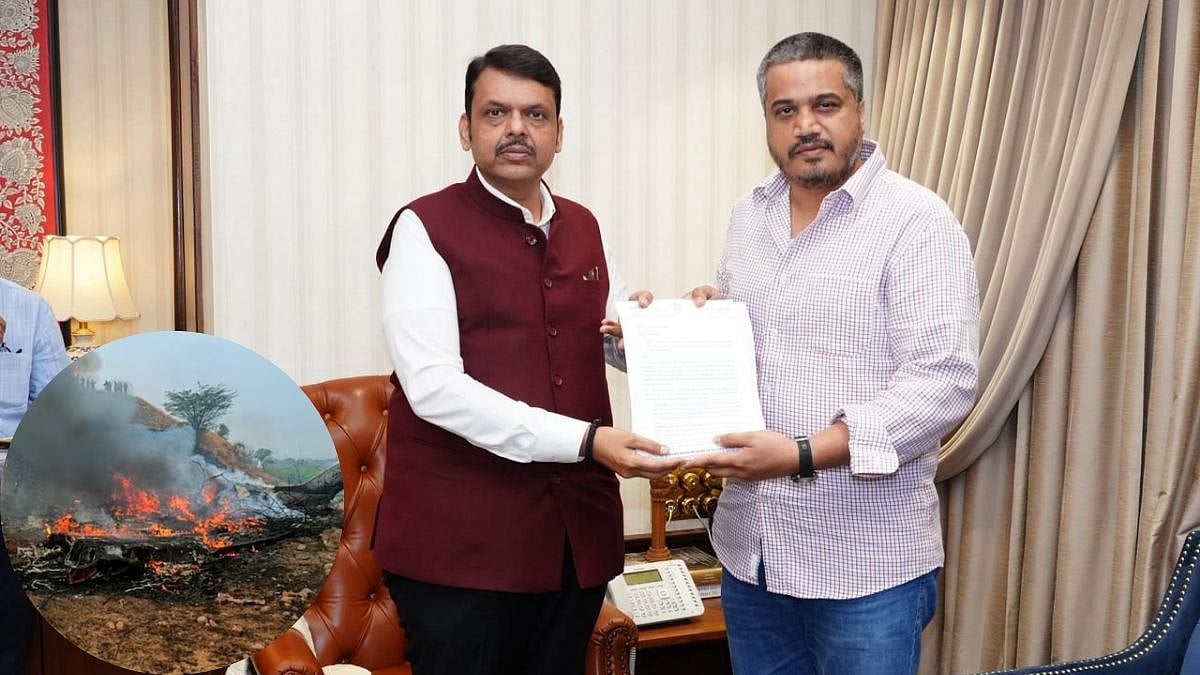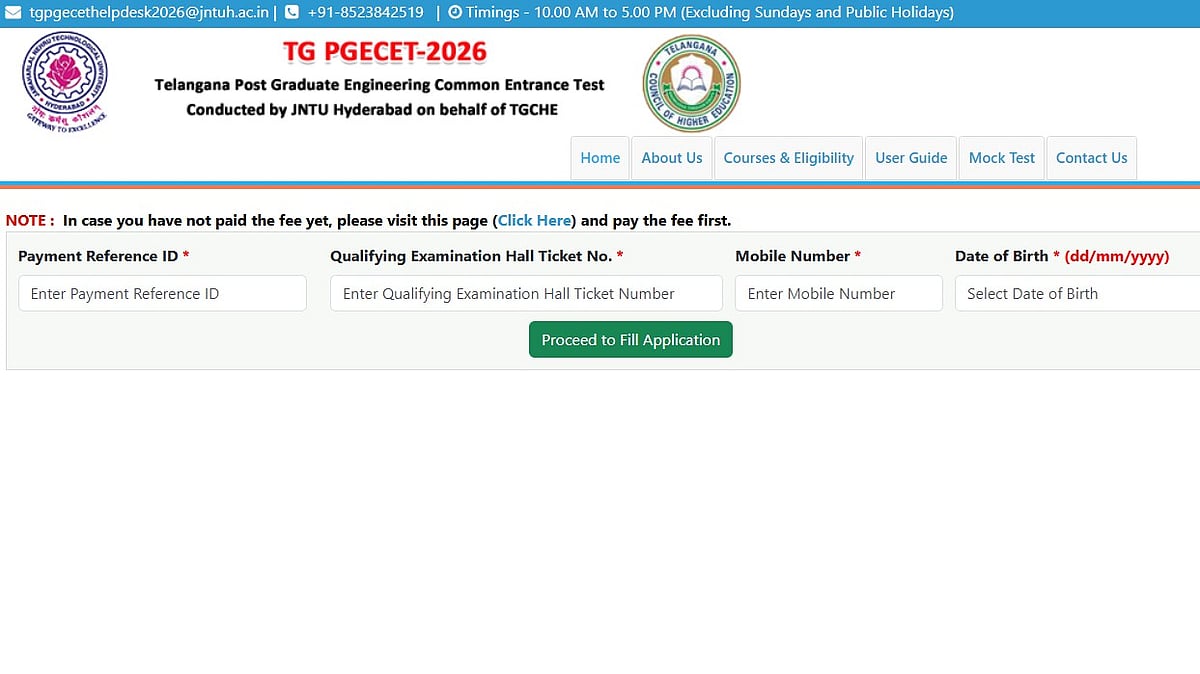The sparkle of Surat's diamond industry has dimmed, overshadowed by a growing darkness: the rising tide of suicides among its diamond artisans. Driven by joblessness and financial despair, 38 artisans have taken their own lives in the past 10 months, echoing the industry's ongoing recession and its devastating impact on livelihoods.
In a desperate plea for support, a joint delegation from the Diamond Workers Union Gujarat (DWUG), the Indian Diamond Institute (IDI), and the Gems and Jewellery Export Promotion Council (GJEPC) met with the Gujarat Minister of Labour and Employment, Balwantsinh Rajput, on Tuesday.
Their message? A strong urge for the government to intervene with a financial aid package for these struggling artisans.
"The diamond workers in Surat have been suffering for a long time due to the recession," Bhavesh Tank, vice-president of DWUG, stated. "Many small units haven't even reopened after Diwali, leaving hundreds jobless and facing acute financial strain."
The appeal paints a grim picture. Small diamond units, the lifeblood of many artisans, remain shuttered, rendering their skilled hands idle and wallets empty. With reduced wages and unemployment casting a long shadow, artisans are caught in a web of financial crisis.
Dinesh Navadia, chairman of IDI, highlighted their crucial role: "Diamond artisans are the backbone of the industry. We urge the government to show compassion and offer financial assistance."

Their demands are clear: a financial relief package, implementation of the 'Ratnadeep' Yojana for workers, professional tax abolition, support for families of deceased artisans, and the formation of the Ratnakalakar Kalyan Board to uplift the community. These measures, they believe, are essential to provide a lifeline to the struggling artisans and their families.
The issue extends beyond economic hardship. Each suicide represents a human tragedy, a family shattered, and a community deeply affected. Addressing the human cost of the recession goes beyond financial packages. Skill development programs, mental health support initiatives, and exploring alternative employment opportunities are crucial to provide holistic support and prevent further tragedies, said Navadia.






